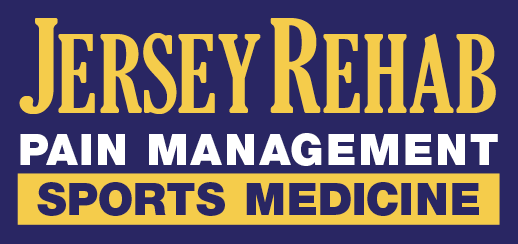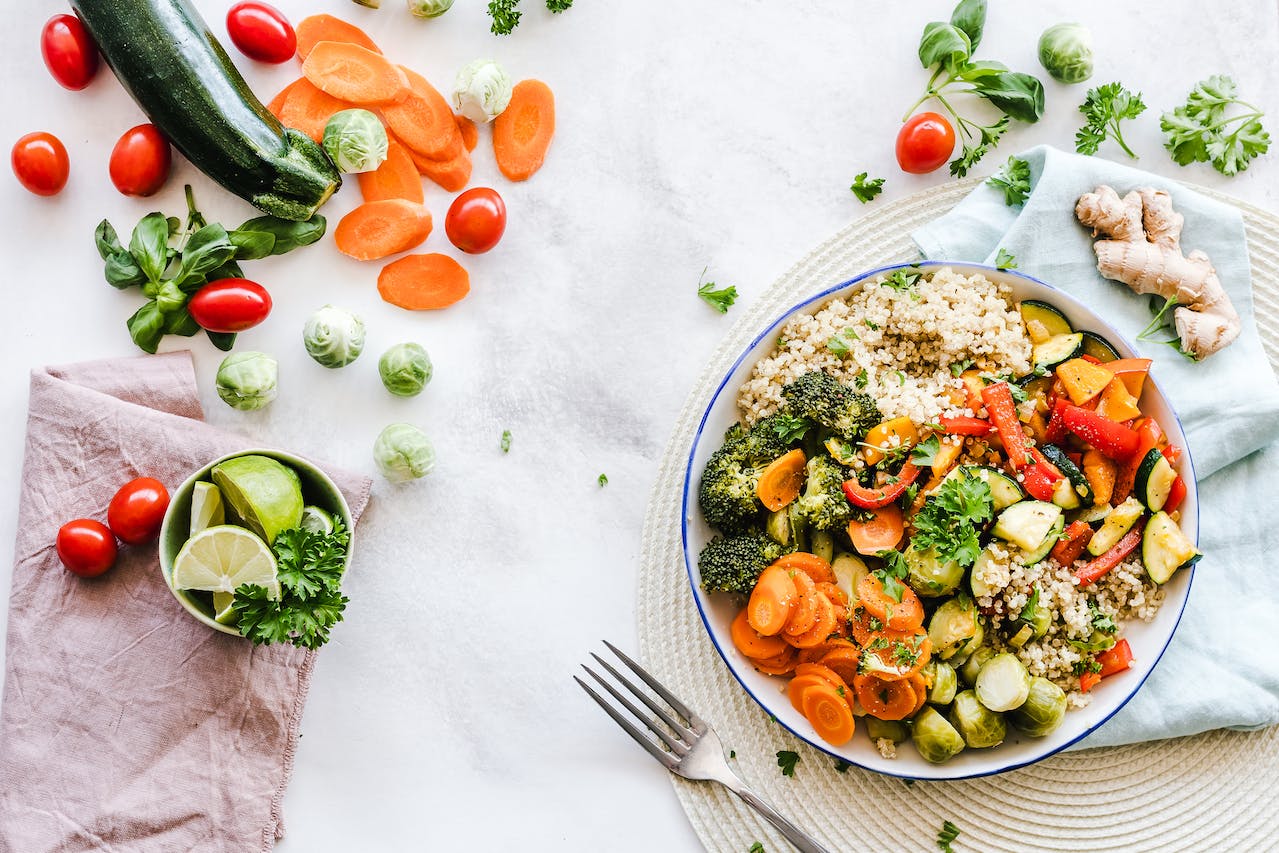Nutrition and Pain Management: How Diet Can Affect Pain
The relationship between nutrition and overall health is well-known, but did you know that your diet can also play a significant role in managing pain? While medications and physical therapy are common approaches to pain management, paying attention to what you eat can have a profound impact on your body’s ability to cope with pain.
Let’s further explore the connection between nutrition and pain management, shedding light on how a balanced diet can alleviate discomfort and improve your overall quality of life. Remember, everything is connected!
Inflammation and Anti-Inflammatory Foods
Inflammation is the body’s natural response to injury or illness, but chronic inflammation can lead to various painful conditions, such as arthritis and certain types of headaches. Consuming an anti-inflammatory diet rich in fruits, vegetables, whole grains, nuts and fatty fish (which are high in omega-3 fatty acids) can help reduce inflammation in the body. These foods contain antioxidants and essential nutrients that combat inflammation, ease pain and promote healing.
Hydration and Joint Health
Staying hydrated is crucial for maintaining joint health. Water acts as a lubricant for joints and helps cushion them, reducing friction and discomfort. Dehydration can exacerbate joint pain and muscle cramps. Make sure to drink an adequate amount of water throughout the day, and consider incorporating hydrating foods like watermelon, cucumbers and oranges into your diet.
Balanced Blood Sugar Levels
Maintaining stable blood sugar levels is crucial for managing conditions like diabetes and preventing inflammation. Diets high in refined sugars and processed carbohydrates can lead to spikes and crashes in blood sugar, exacerbating pain and discomfort. Opt for complex carbohydrates like whole grains, fruits and vegetables, which provide a steady release of energy and keep blood sugar levels stable.
The Role of Vitamins and Minerals
Certain vitamins and minerals are essential for nerve function and muscle health. For example, vitamin D plays a vital role in bone health, and its deficiency has been linked to increased pain sensitivity. Sources of vitamin D include fortified dairy products, fatty fish and exposure to sunlight. Magnesium, found in nuts, seeds, leafy greens and whole grains, is another mineral that can help relax muscles and alleviate pain.
Foods to Avoid
Certain foods and substances can worsen inflammation and pain. Processed foods high in trans fats, refined sugars and sodium can contribute to chronic pain conditions. Additionally, some individuals may be sensitive to certain foods like gluten or dairy, which can trigger inflammatory responses. Keeping a food diary and working with a healthcare provider can help identify specific triggers and eliminate them from your diet.
Weight Management
Maintaining a healthy weight is crucial for managing pain, especially in conditions like osteoarthritis and back pain. Excess weight puts added stress on joints and can lead to chronic pain issues. A balanced diet combined with regular exercise can help achieve and maintain a healthy weight, reducing the strain on your body and alleviating pain.
Eating Your Way to Pain Relief
Paying attention to your diet and making mindful food choices can significantly impact your pain management journey. By incorporating anti-inflammatory foods, staying hydrated and ensuring adequate intake of essential vitamins and minerals, you can empower your body to cope with pain more effectively. To learn more about other holistic ways to manage pain, book an appointment with Jersey Rehab today.

